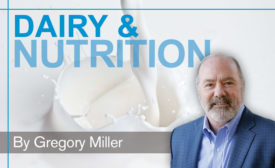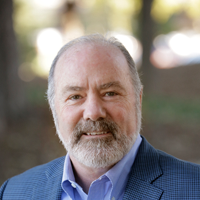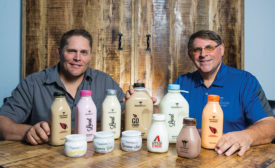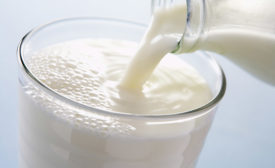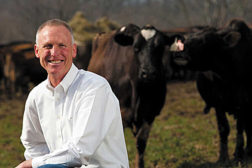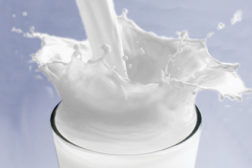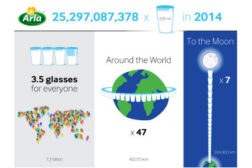Home » milk processing
Articles Tagged with ''milk processing''
Danzeisen Dairy takes an old-school approach to milk processing
Using vintage equipment and glass bottles, Danzeisen Dairy produces only the freshest-tasting milk and flavored milk for its Arizona neighbors
April 5, 2018
A bold step for 'craft' dairy Clover Sonoma
Clover Sonoma started processing Non-GMO Project Verified conventional milk this year. President and CEO Marcus Benedetti calls it a financial gamble yet says ‘it’s the right thing to do for a whole host of reasons.’
April 3, 2017
Laboratory testing
Eliminate post-pasteurization contamination of fluid milk
Take a grass to glass approach to controlling psychrotolerant sporeformers in fluid milk.
August 20, 2013
Stay ahead of the curve. Unlock a dose of cutting-edge insights.
Receive our premium content directly to your inbox.
SIGN-UP TODAYCopyright ©2025. All Rights Reserved BNP Media.
Design, CMS, Hosting & Web Development :: ePublishing
